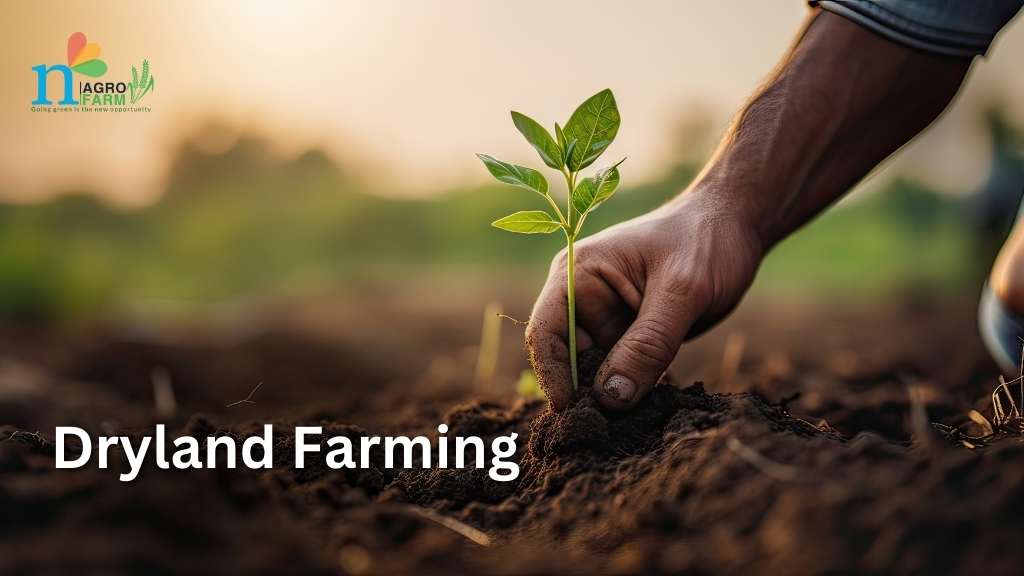Commercial agriculture refers to the large-scale production of crops and livestock for sale in local, national, or international markets. It typically involves:
- High-Volume Production: Farmers grow large quantities of a single crop or raise significant numbers of livestock to meet market demand.
- Specialization: Many commercial farms specialize in particular crops or livestock to maximize efficiency and profits.
- Use of Technology: Modern agricultural practices often incorporate advanced technologies, such as precision farming, genetically modified organisms (GMOs), and automated equipment, to enhance productivity and reduce costs.
- Market Orientation: The focus is on producing goods that meet the specific demands of consumers, often influenced by trends in food consumption and dietary preferences.
- Supply Chain Integration: Commercial agriculture is often linked to larger supply chains, including processing, distribution, and retail, ensuring that products reach consumers efficiently.
- Investment: This type of agriculture typically requires significant capital investment in land, equipment, and inputs like fertilizers and pesticides.
Commercial agriculture plays a crucial role in food security, economic development, and job creation but also raises concerns about sustainability, environmental impact, and the welfare of smallholder farmers.


